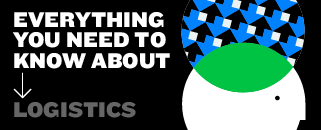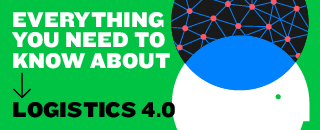
Smart mobility engineer
Description
These professionals focus their activity on the development of applications for mobile devices based on large amounts of data (big data and artificial intelligence systems that have their origin in urban management), develop and adapt digital gadgets to the new generations of mobile phone technologies that are appearing (e.g., 5G) and research and search for new sources of energy for vehicles (hydrogen, electricity gas) with the aim of reducing pollution. It is also working on any solution linked to Mobility 4.0, which addresses low-emission zones, urban tolls and the Eurovignette, mobility as a service (Maas), last-mile goods distribution (logistics micro-platforms), the future of connected and autonomous vehicles for the automotive industry, electromobility and the emergence of personal mobility vehicles (PMVs), etc.
Mobility and its management will be one of the areas of economic activity that is expected to boost highly qualified professional profiles in the coming years. Thus, these professionals are technological experts with a research profile who apply new technologies - especially digitalisation - to mobility management, mainly in urban areas and within the framework of the development of smart cities. These professionals work mainly in private companies that develop their own technological solutions through gadgets and devices that provide efficiency and comfort to users in their mobility needs, as well as solutions to the needs of control, efficient management, organisation and planning of the great challenges and mobility flows in urban, metropolitan and interurban areas. In this sense, they can also work as providers of technological solutions for different public administrations or in goods distribution companies, etc.
Tasks
- Design and test gadgets and digital devices to manage and monitor different aspects linked to urban mobility (technological innovation and digital economy, the paradigm shift of Smart mobility, detection, identification and tracking technologies, positioning and geolocation systems, image analysis and artificial vision, communication infrastructures: functional requirements of intelligent transport systems, sensors and Internet of Things or vehicle networks, etc.).
- Promote search and transfer of results in actions to improve road safety and traffic regulation through cameras, the traffic light system and radars that are coordinated from mobility control centres, making it possible to create an intelligent mobility management network to manage the information received from different monitoring and tracking points.
- Advance technological solutions that enable the consolidation of electric, autonomous and connected vehicles in the market, and overcome the existing challenges in terms of safety. They also study the different ADAS (Advanced Driving Assistance System) systems and their possible incorporation into all kinds of vehicles to improve road safety and the coexistence of the different vehicles on the network.
- Design and test new methods of goods distribution, especially in urban areas that are already congested (home delivery with drones, circuits of autonomous vehicles controlled from large operational centres for the transport of people and goods, for example).
- Advise the public legislator (both at national and local level) in producing mobility-related laws, rules and regulations. Likewise, to propose intermodal solutions (combining different transport systems) in mobility challenges for the corresponding public authorities (e.g., in low emission zones, in the extension of cycle lanes, in speed limitation, etc.).
- Incorporate new digital technologies into public transport to improve routes, frequencies and reach, as well as road safety (e.g., incorporation of visualisation cameras to eliminate blind sports, etc.).
- Research and development in mobility solutions involving companies, knowledge centres and public administrations to design transport systems for people and goods based on globally coordinated fleets of autonomous vehicles, the operational functioning of autonomous vehicles or to offer mobility solutions that make life easier for drivers.
- Advise on the implementation of Integrated Mobility Plans and Road Safety Plans at regional or local level.










 | Catalan | Beginner
| Catalan | Beginner | English | Advanced
| English | Advanced
 Open
Open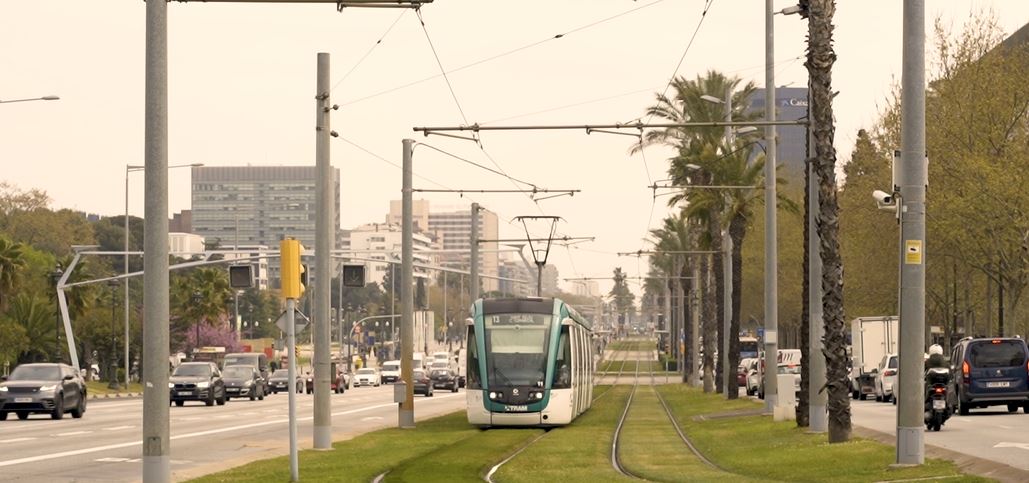
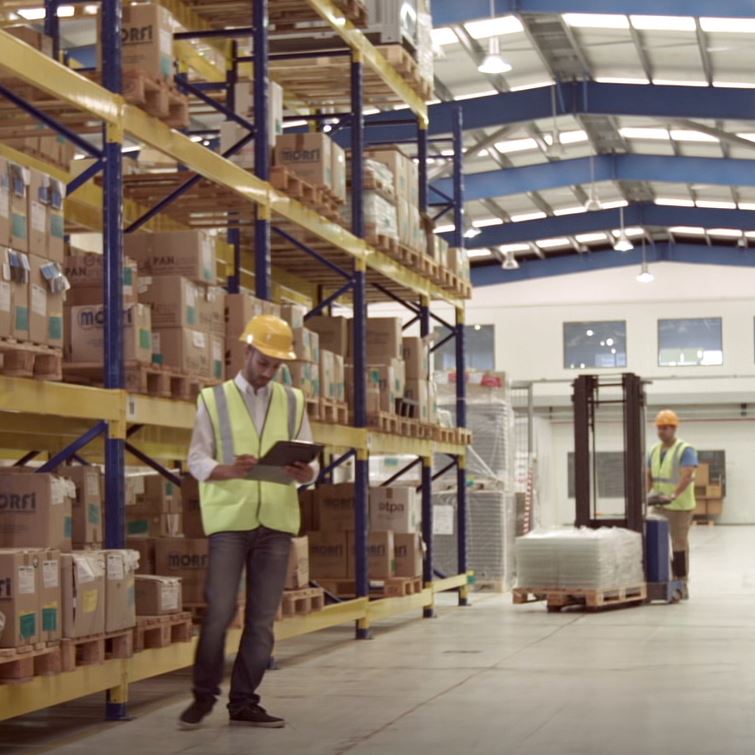

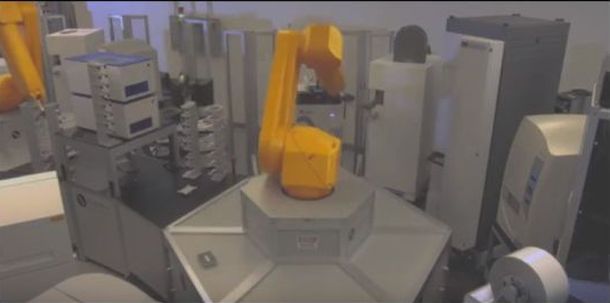
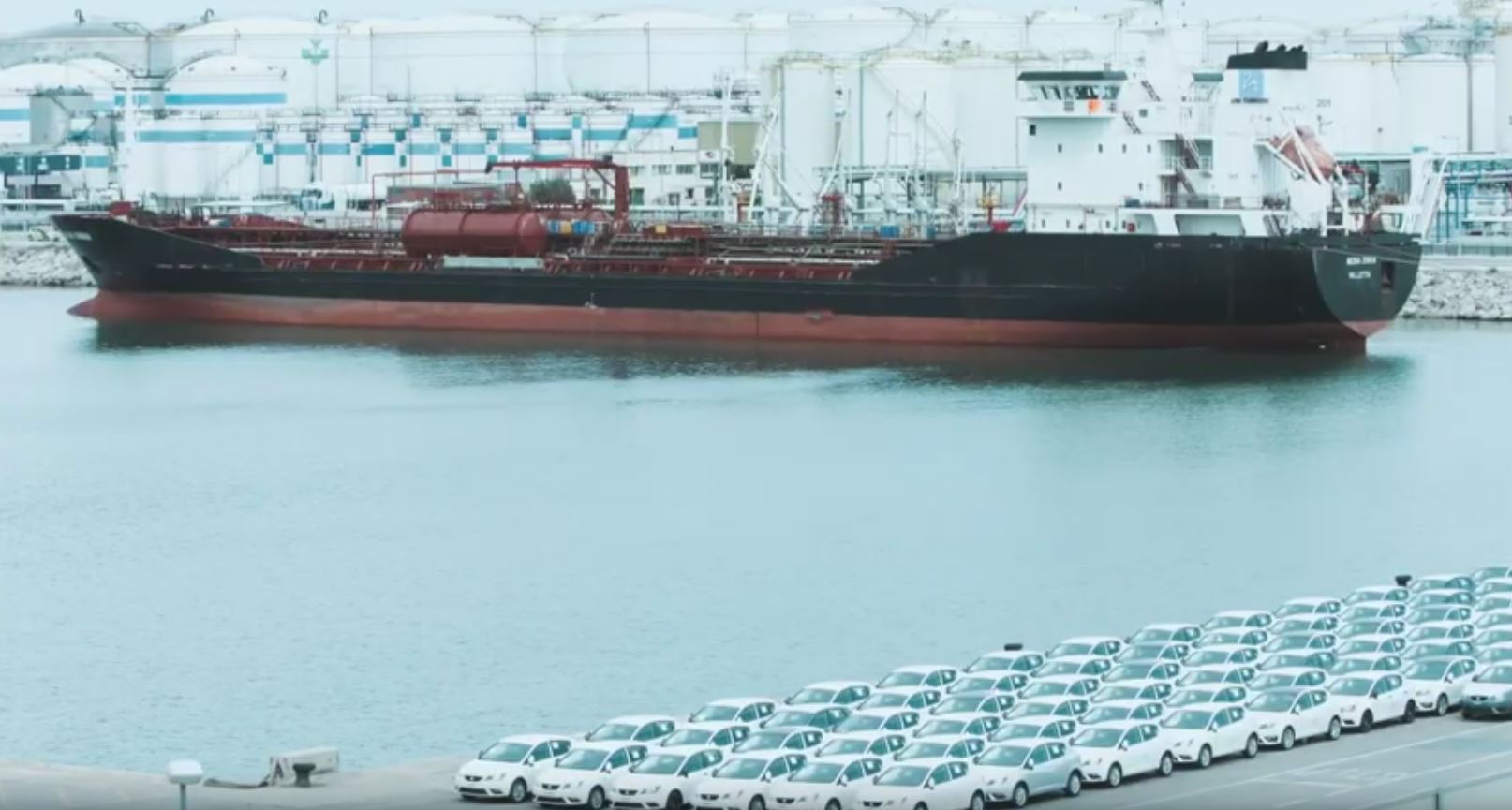
 | Catalan | Beginner
| Catalan | Beginner